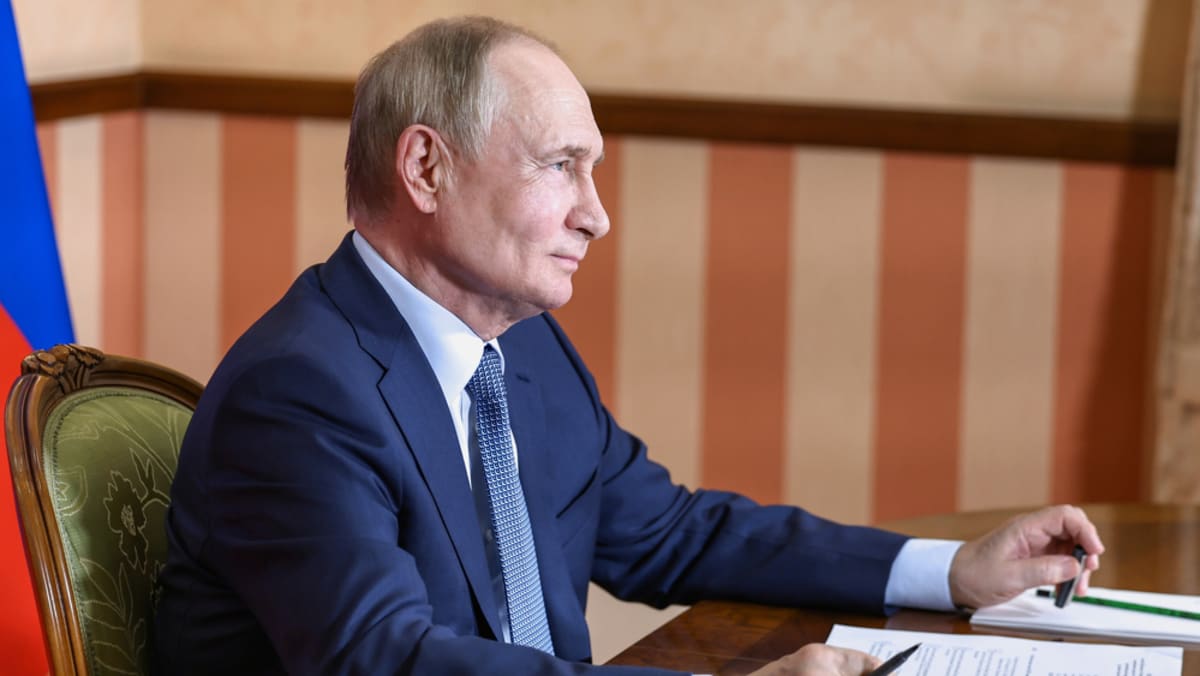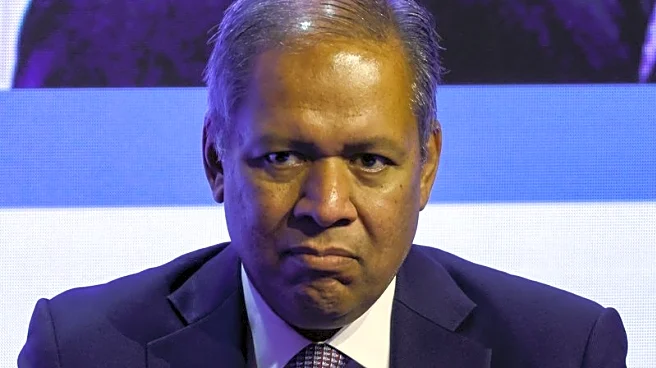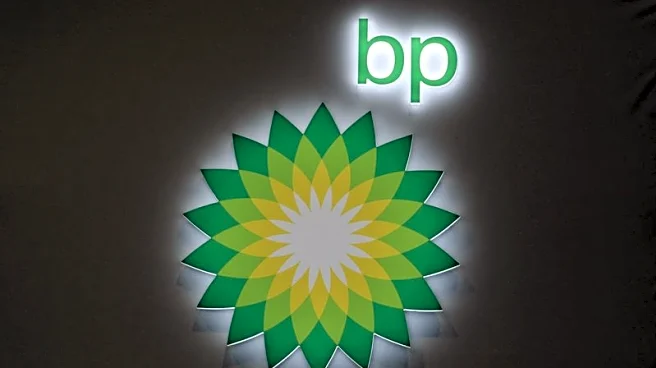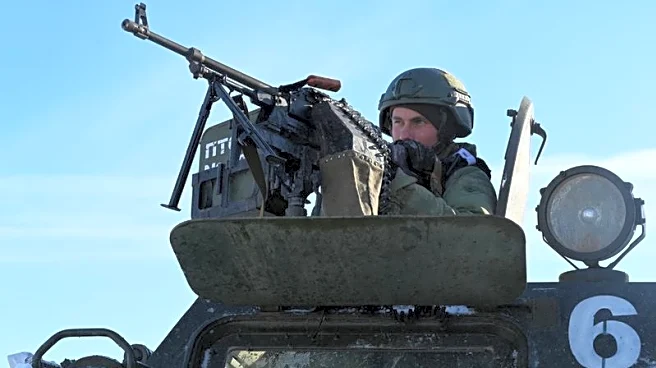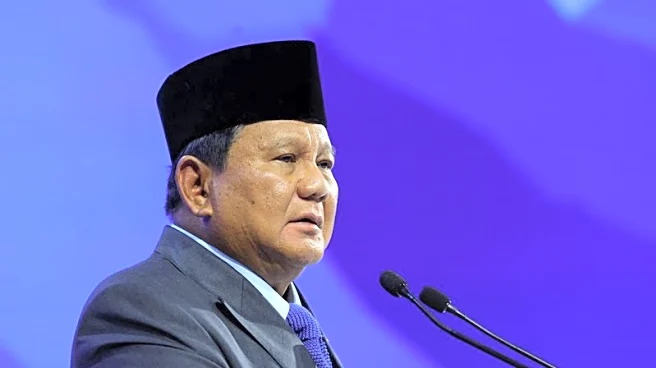In a shocking display of renewed aggression, Russia has unleashed one of its largest aerial assaults on Kyiv in months, with the attack occurring mere hours before high-level discussions aimed at bolstering
Did You Know
The shortest war lasted 38 minutes.
?
AD
military aid to Ukraine. The onslaught, involving a combination of drone and missile strikes, resulted in the tragic deaths of two individuals and left many others injured, including a child. This brutal escalation highlights the ongoing urgency for increased Western support as Ukraine grapples with the immediate consequences of Russian military hostility.
Kremlin officials, notably spokesperson Dmitry Peskov, have expressed a willingness to engage in peace talks; however, they firmly assert that any negotiations must first satisfy Russia's objectives. These demands include the withdrawal of Ukrainian forces from contested regions that Russia has illegally annexed and a clear renunciation of Kyiv's NATO aspirations. This hardline stance exposes a significant divide between the two nations, with both sides holding deeply entrenched positions that complicate the prospect of a diplomatic breakthrough.
The international community has watched closely as U.S. President Donald Trump issued a critical ultimatum, pressuring Russia to agree to a ceasefire within 50 days or face tougher sanctions. This ultimatum has added a new layer of complexity to the already tense dialogue surrounding the war. With NATO allies, particularly the United Kingdom and Germany, preparing to discuss enhanced support for Ukraine, the stakes are higher than ever. As military actions intensify, the world faces a pivotal moment, one that could redefine the landscape of Eastern European security and the resolve of the nations involved.
Q&A (Auto-generated by AI)
What are Russia's main goals in Ukraine?
Russia's primary goals in Ukraine include securing control over the four regions it annexed in 2022, which are Donetsk, Luhansk, Zaporizhzhia, and Kherson. The Kremlin insists that any peace deal must recognize these annexations and require Ukraine to renounce its NATO aspirations. Additionally, Russia aims to establish a buffer zone to protect its borders and maintain influence over Ukraine's political landscape.
How has Trump's stance affected Russia-Ukraine talks?
Trump's ultimatum, giving Russia a 50-day deadline to agree to a ceasefire or face tougher sanctions, has intensified the urgency of negotiations. His approach reflects a shift in U.S. foreign policy, emphasizing a tougher stance on Russia. This pressure may compel Russia to reconsider its negotiating tactics, but it also risks escalating tensions if the Kremlin perceives it as a threat to its objectives.
What are the implications of annexing Ukrainian regions?
The annexation of Ukrainian regions by Russia has significant geopolitical implications. It undermines Ukraine's sovereignty and territorial integrity, complicating peace negotiations. The international community largely views these annexations as illegal, leading to sanctions against Russia. Furthermore, the annexed regions are crucial for strategic military positioning and resource control, impacting the ongoing conflict dynamics.
What historical conflicts resemble the Ukraine war?
The Ukraine war shares similarities with historical conflicts such as the Yugoslav Wars of the 1990s and the Russo-Georgian War in 2008. Like these conflicts, the Ukraine war involves territorial disputes, ethnic tensions, and the influence of larger powers. The dissolution of Yugoslavia and the subsequent recognition of new states illustrate the complexities of national identity and sovereignty, akin to Ukraine's struggle against Russian aggression.
How do NATO countries view Russia's actions?
NATO countries view Russia's actions in Ukraine as aggressive and a direct threat to European security. The alliance has expressed solidarity with Ukraine, providing military aid and support. NATO's response includes increased troop deployments in Eastern Europe and enhanced defense measures, reflecting a commitment to deter further Russian expansion. This situation has reignited discussions about NATO's role and the need for collective defense.

